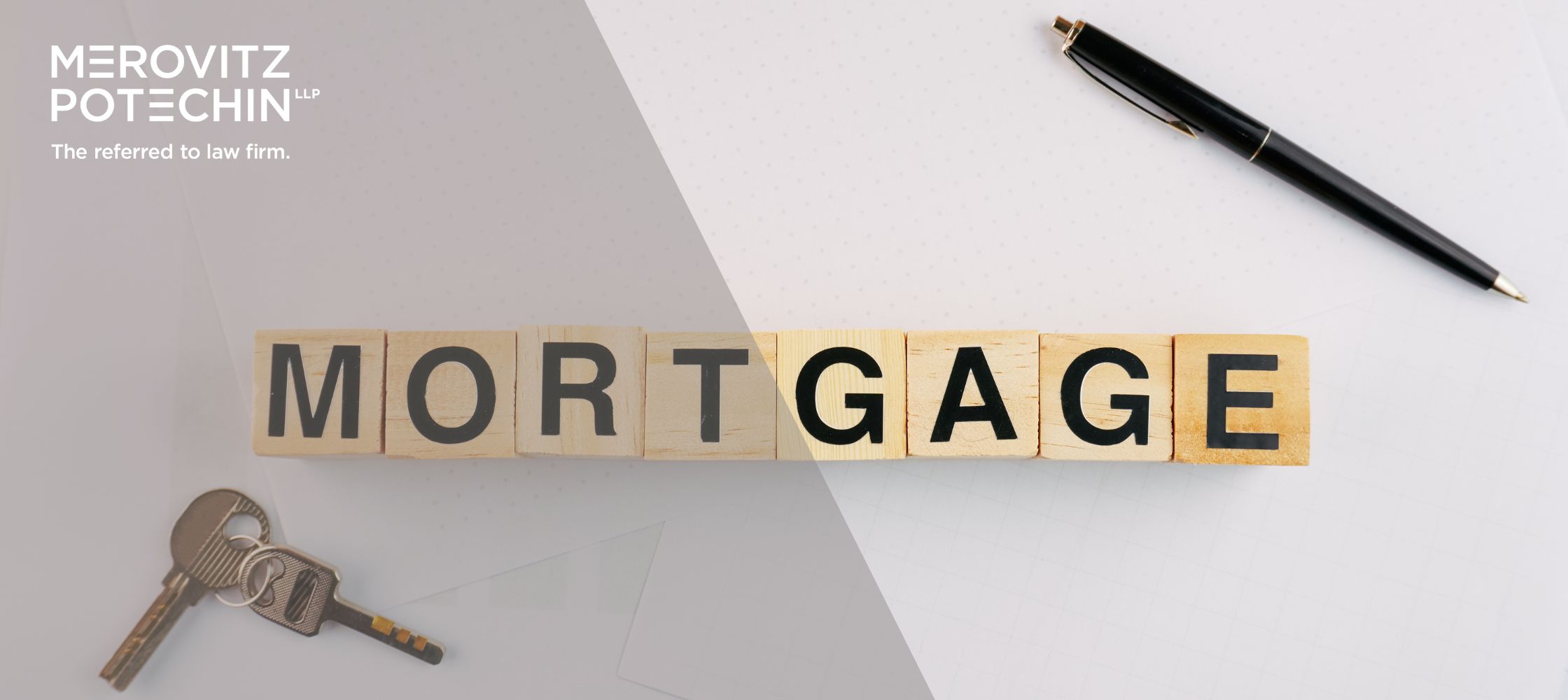Categories
Condominium Culture Shock

Condominiums are marketed to the public as a “worry-free lifestyle” – no need to mow the lawn in the summer, no need to shovel snow in the winter, access to amenities, and a property manager to take care of everything in between. People are understandably drawn to the features of condominium living that increase convenience and shorten their to-do lists in today’s busy world.
The reality is, however, that there are many aspects of condominium living that are not immediately apparent to both first-time and long-time condominium owners. In our experience, most people have grown accustomed to the legal rights and privileges that come along with owning traditional detached or semi-detached homes. Many of these people have difficulty coming to terms with the fact that their property rights are not absolute and are instead subject to the discretion and preferences of other, unrelated parties.
This article will provide a snapshot of the aspects of condominium culture that may give rise to what may be dubbed as “condominium culture shock”.
Aesthetics
For many people, the decoration of their home is an important form of self-expression. When living in a traditional detached or semi-detached home, installing planters, patio stones, outdoor furniture, holiday decorations, door wreaths, flagpoles, light fixtures and the like is as simple as choosing the product you like and making it happen. Many condominium owners are of the view that they can make whatever aesthetic changes they want to their unit and their exclusive use common elements because these areas are “their property”.
However, the reality is that certain aesthetic changes are not permissible at a condominium property. The governing documents of most condominiums impose restrictions on the type, size, and placement of many of the above-noted items. Sometimes there are outright prohibitions, whereas in other cases, it may be necessary to seek the Board’s prior written approval for certain aesthetic changes or installations – even if they are temporary.
Many owners are therefore surprised to learn that they do not have free rein to decorate freely and become displeased when the Board tries to exercise its control over decisions that owners regard as either personal or innocuous in nature.
It is important to note that just as convenience and worry-free living are a central part of the condominium culture, so is aesthetic uniformity. This is achieved through the various restrictions imposed by the condominium’s governing documents. Owners are expected to familiarize themselves with these documents as a condition of their ownership and cannot expect to have the same degree of freedom with aesthetic choices that they would at a non-condominium property.
Rule Changes
In our practice, we also often hear from condominium owners who find themselves dissatisfied with changes to their condominium’s rules. We frequently hear clients say things like “I have lived here for 14 years, how is it fair for the Board to change the rules after all this time?” or “the only reason I purchased this unit is because of the ‘no smoking’ rule, can the Board actually change something this important to me?”
Often, condominium owners do not understand that the very same rule that may have induced them to purchase their unit, is, and always has been, subject to change. The mere fact that a particular rule was a valued part of the status quo for an individual owner will not impact its implementation as long as the rule is reasonable, complies with the Condominium Act, 1998, is consistent with the by-laws and declaration, and its passage follows the correct process.
In cases where an owner, or group of owners, is vehemently opposed to a proposed rule change, there is an opportunity to requisition a meeting within 30 days of the circulation of the proposed rule by the Board. This provides those in opposition to the rule with an opportunity to either defeat the rule and preserve the status quo, or to propose a rule that aligns better with their preferences. That said, if quorum is not reached at the meeting, or a majority of the participants does not vote to defeat the proposed rule, then the rule will come into force, and those in opposition will have to live with that result.
This scenario emphasises the important and unique function that democratic processes play in condominium communities. This is a stark contrast to the “my house, my rules” standard that typically applies in a traditional home.
Combatting the Culture Shock
This article has described just two of the situations that may catch an owner or prospective purchaser off guard with respect to their rights and responsibilities in the world of condominium ownership. Instead of highlighting the restrictions that are imposed on individual owners’ freedom of choice, and the flexible nature of the status quo, the narrative surrounding condominium culture continues to focus more on the notion of convenience and easy living. However, even from the two above examples, it is clear there are many aspects of condominium culture that many would regard as inconvenient or difficult to deal with. For this reason, it is very important that potential purchasers look beyond this narrative to determine exactly what they are “getting themselves into”. Similarly, existing owners are encouraged to take the necessary steps to understand where their rights and obligations begin and end.
If you have any questions about your rights as a condominium owner, contact our lawyers at Merovitz Potechin LLP.
This article was originally published in CCI Condo Contact, Volume 24.
The content on this website is for information purposes only and is not legal advice, which cannot be given without knowing the facts of a specific situation. You should never disregard professional legal advice or delay in seeking legal advice because of something you have read on this website. The use of the website does not establish a solicitor and client relationship. If you would like to discuss your specific legal needs with us, please contact our office at 613-563-7544 and one of our lawyers will be happy to assist you.






